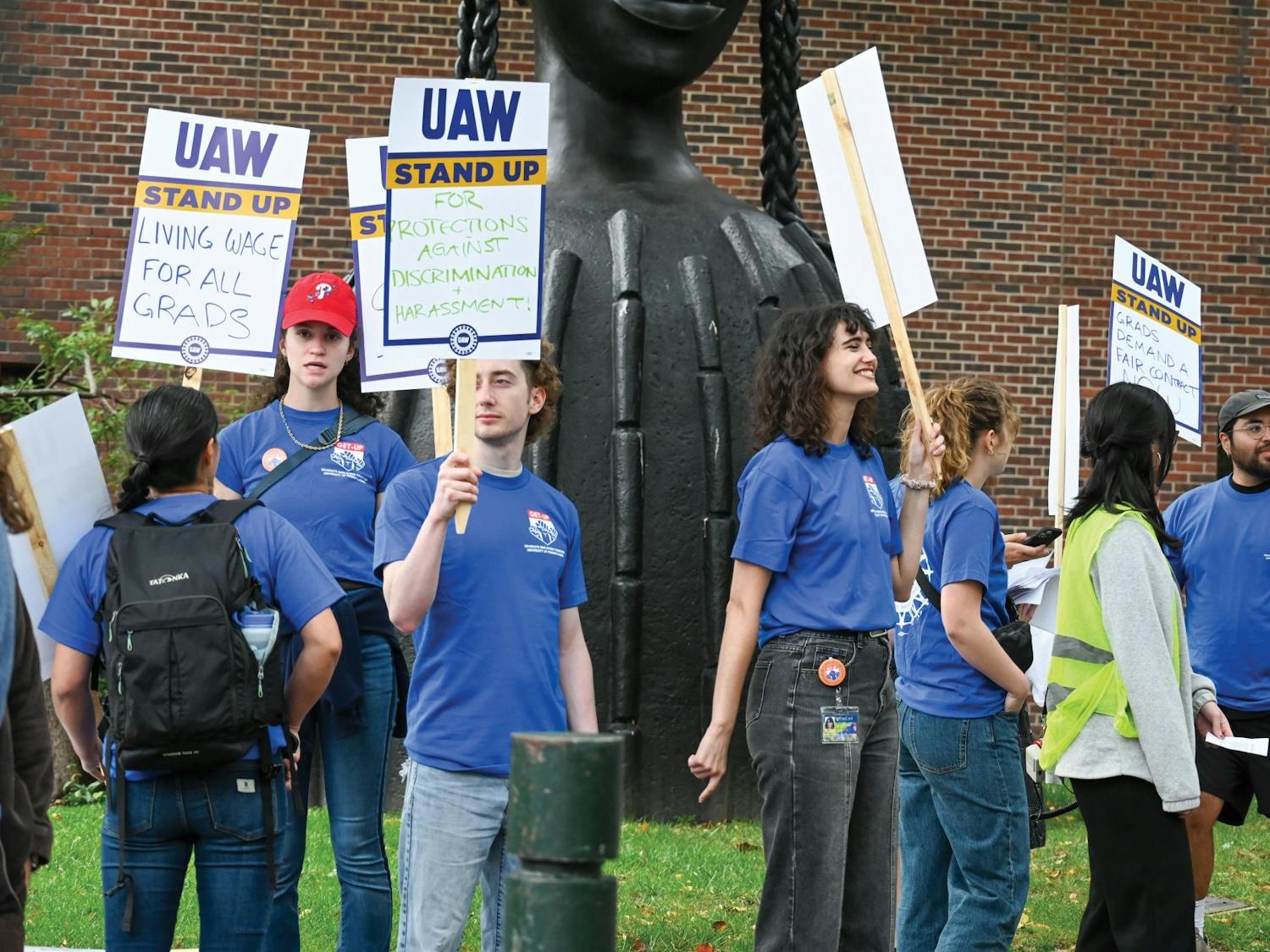God is in the trenches, or at least that's where David Gilman Romano is looking.
Romano, senior research scientist at the University of Pennsylvania Museum of Archaeology and Anthropology, delivered an hour-long lecture last night describing the progress of his ongoing excavation of Mt. Lykaion, Greece. Romano discussed the efforts on the Arcadian mountain, which was once the location of a Sanctuary of Zeus.
The project, which began in 2004, seeks to uncover evidence of cult ritual and unearth further clues regarding the nature of sacred and secular lifestyles in Ancient Greece. Materials upended last summer indicate cult activity at the site as early as 1400 BC, and include both animal bones and traces of archaic wine.
Romano explained that advances in digital modeling and field-based laboratory processing has made the work of his team much more efficient than that of his predecessors, whose work on the same excavation site concluded in 1909.
However, despite these recent innovations, there are several constants - digging up and sifting through dirt. Romano's reuse of trenches used by the original excavators of the site earlier this century is testament to this.
Of the 75 people who attended the lecture, one who could testify to the nature of fieldwork was Alex Lessie, a College senior majoring in Classical Studies who worked on the excavation this past summer.
Assigned a sieve, Lessie would sift through the dirt and ash in order to locate bone, tile and pottery.
The most exciting finds came out of Trench Z, where excavators found a miniature representation of Zeus' hand along with pieces of fulgurate, a petrified piece of lightning.
However, according to Romano the project has not been without blemish - the excavators found evidence of an "illicit uncovering" perpetrated by vandals during the winter hiatus.
However, Lessie said staff morale was consistently high at the site, owing to a shared enthusiasm for the subject, the excitement of discovery and occasional visits to nearby archaeological sites.
In addition, the relationship between the team and its local hosts are still strong.
However, despite exhortations to, as Romano put it, "stay for fifty years," excavation is limited by government permit to five years.
After fieldwork concludes this year, Romano and his team will have to leave the trenches behind.








